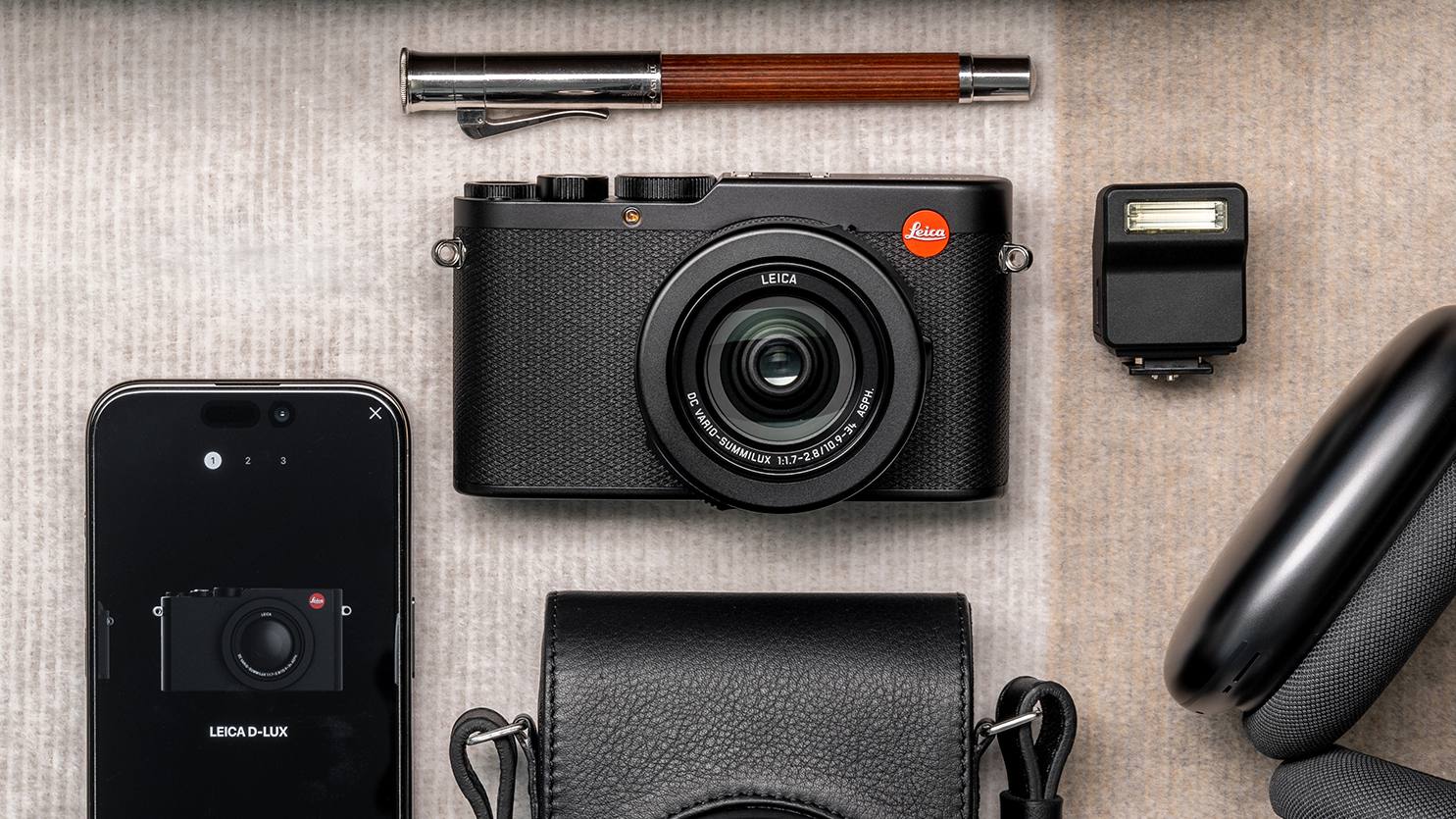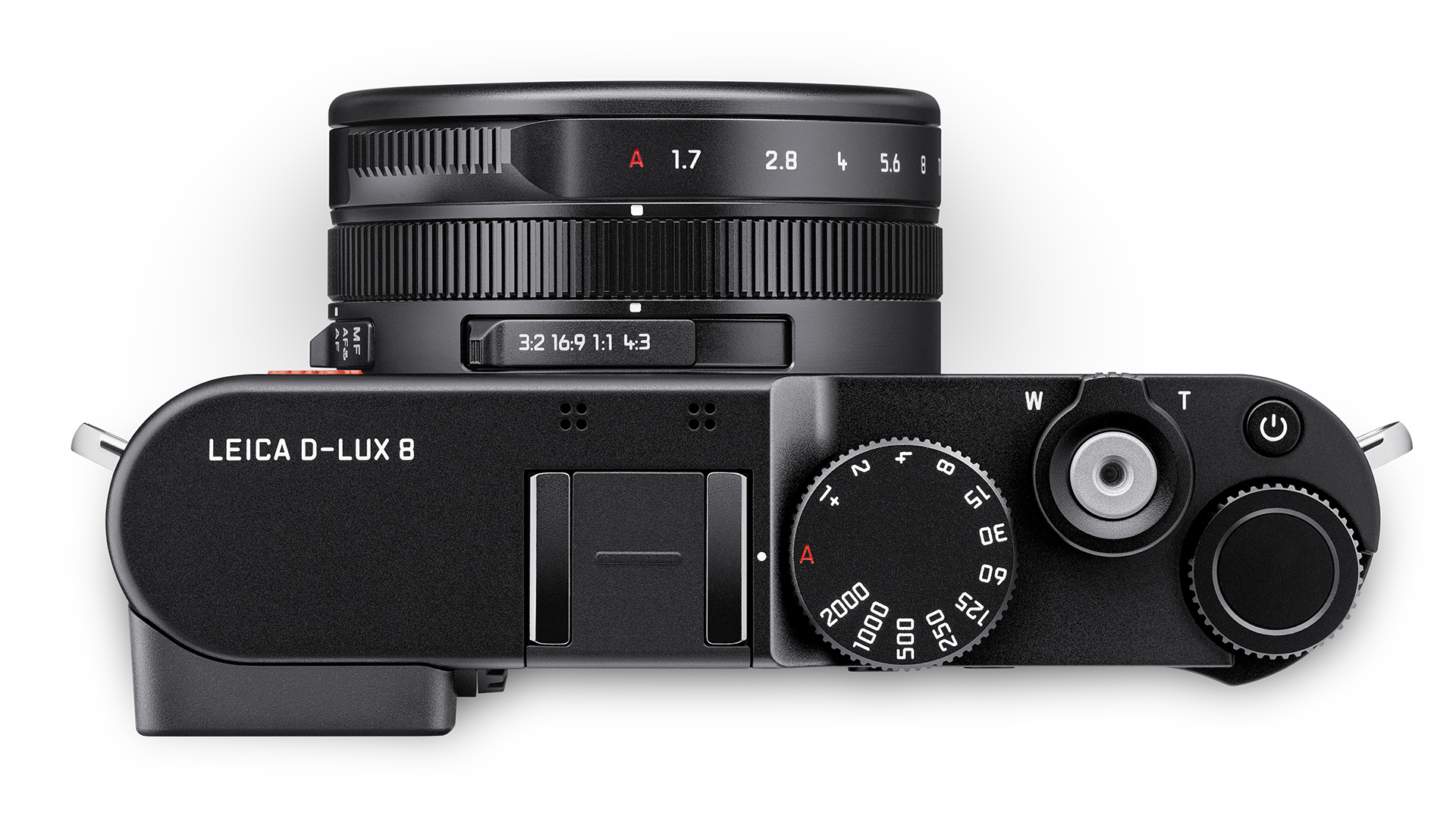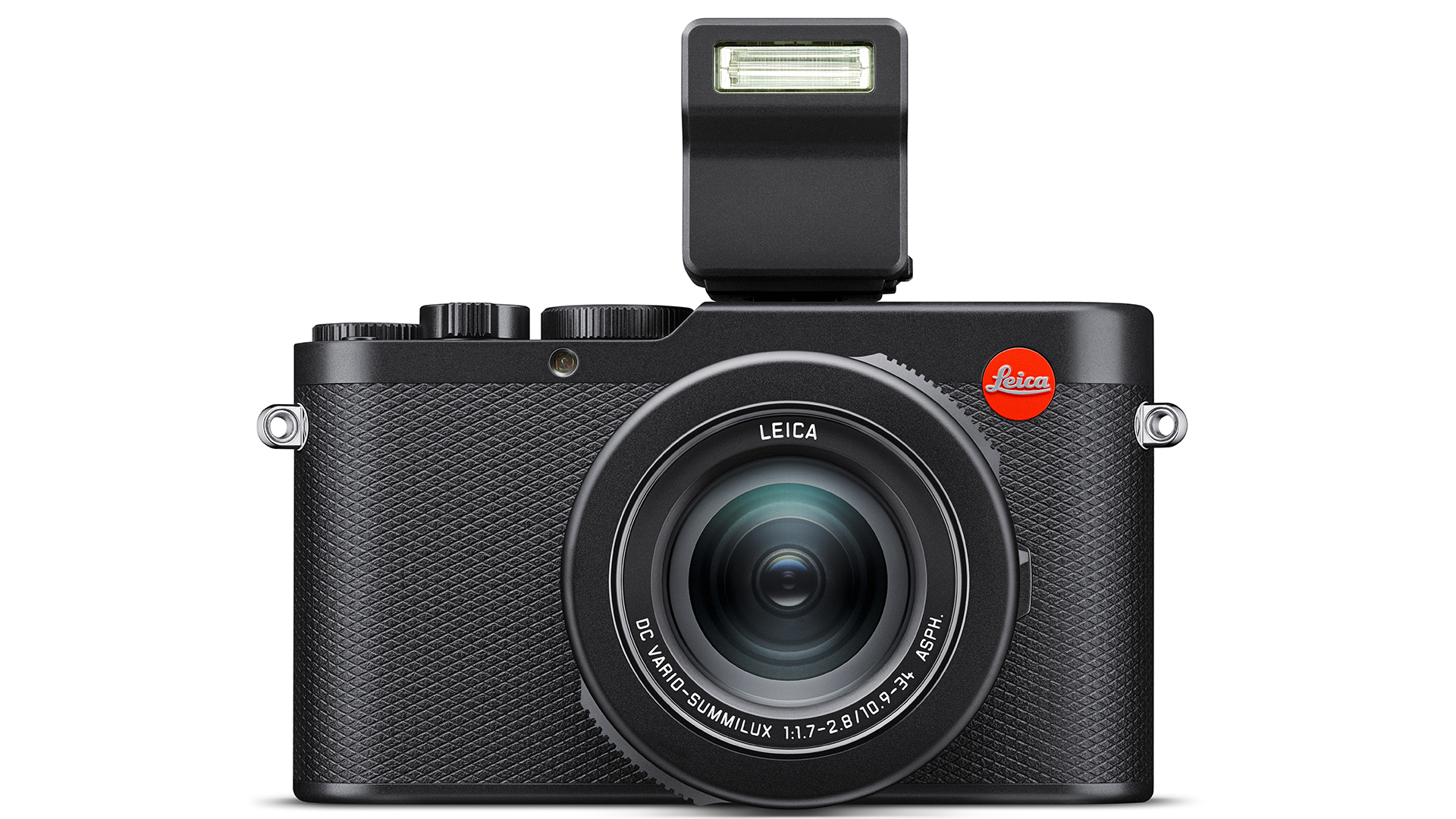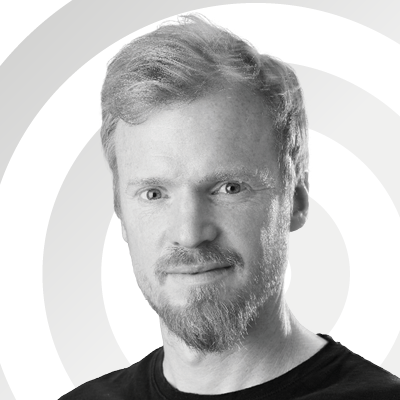Leica’s cheapest compact camera just got a successor with Leica Q-series features
The Leica D-Lux 8's price and release date have been confirmed

Sign up for breaking news, reviews, opinion, top tech deals, and more.
You are now subscribed
Your newsletter sign-up was successful
Compact cameras aren't dead – at least that's if Leica has anything to do with it. Following the full-frame Leica Q3, which was one of our favorite cameras in 2023, the maker of premium red-dot rangefinders has announced the D-Lux 8, a successor to its long-in-the-tooth D-Lux 7.
Previous speculation about a new travel camera from Leica pointed to an all-new fixed-lens compact with an APS-C sensor to rival the Fujifilm X100VI, and complement Leica's interchangeable lens cameras the CL and TL2 of the same sensor format.
It turns out that was wishful thinking, and the safer-bet rumor has proven accurate, with the launch of a D-Lux 7 successor. The new D-Lux 8 comes almost six years after the D-Lux 7, which was released in November 2018 and is no longer available, which means the eighth-gen model takes the mantle as Leica's cheapest compact camera.
The Leica D-Lux 8 will be available to buy from July 2 2024, and will cost £1,450 in the UK. US and Australia pricing are TBC, but the respective prices in those countries are likely to be around $1,600 and AU$3,000.
Like the D-Lux 7, the D-Lux 8 comes equipped with a Four Thirds sensor and 24-75mm f/1.7-2.8 built-in lens, though we don't know if it's exactly the same lens as its predecessor's. The Four thirds sensor is new though, and sees a bump in resolution from 17MP to 21MP.

Leica also mentions some Q-series-inspired improvements, including an updated user interface, while the camera's controls have been rejigged and simplified to improve the user experience.
The camera also offers the raw DNG format, which is a first for a Leica D-Lux series camera. DNG are supported by most of the best photo editors, and so are one of the best file formats to work with.
Sign up for breaking news, reviews, opinion, top tech deals, and more.
The D-Lux 8 will also come supplied with an external flash that's attached via a hotshoe, although we don't know the exact specification of this accessory. A host of other new optional accessories will be available, with more details to be revealed nearer to the launch date.
It's been almost six years since the Leica D-Lux 7 was launched, but despite the advances in camera tech we've seen in that time it doesn't look like there's a lot new in the D-Lux 8. That hasn't stopped Leica bumping the price of its latest compact camera, however – at £1,450 (about $1,600 / AU$3,000) it's around 50% more than the D-Lux 7 was at launch, which came in at around $1,000 / £1,000.

That's quite the price increase, although to put this in perspective you'll struggle to find a premium compact camera under $1,000 / £1,000 these days from the likes of Sony, Panasonic, Canon and Fujifilm. And given that Leica cameras usually cost a premium over other brands, the D-Lux 8 price is palatable.
Compact cameras were almost obliterated by the rise of smartphones, but have recently been making a comeback, and we've been hoping for more cameras like the D-Lux 8.
Based on the limited info we have, Leica's latest compact appears similar to the highly-regarded Panasonic LX100 II, which arrived on the scene in 2018 just before the D-Lux 7, and is still rated as one of the best compact cameras in 2024. Hopefully the D-Lux 8 is sprinkled with the necessary improvements to bring this format properly up to speed in today's camera market.
You might also like

Tim is the Cameras editor at TechRadar. He has enjoyed more than 15 years in the photo video industry with most of those in the world of tech journalism. During his time as Deputy Technical Editor with Amateur Photographer, as a freelancer and consequently editor at Tech Radar, Tim has developed a deeply technical knowledge and practical experience with cameras, educating others through news, reviews and features. He’s also worked in video production for Studio 44 with clients including Canon, and volunteers his spare time to consult a non-profit, diverse stories team based in Nairobi. Tim is curious, a keen creative, avid footballer and runner, and moderate flat white drinker who has lived in Kenya and believes we have much to enjoy and learn from each other.